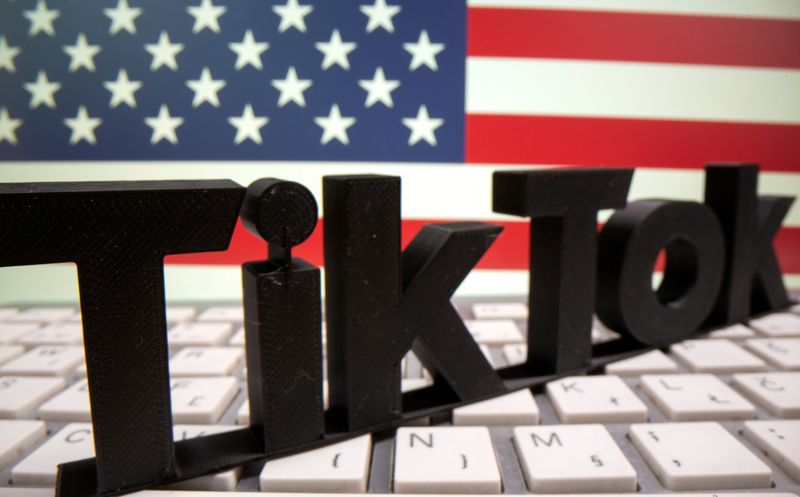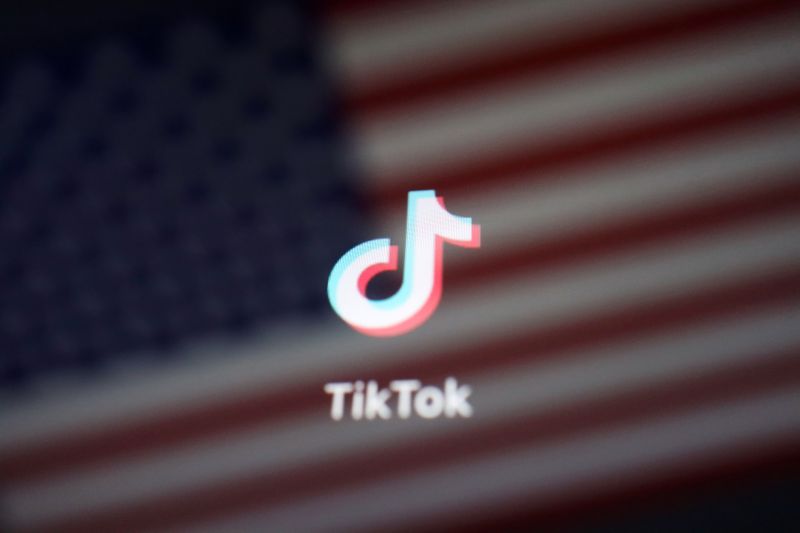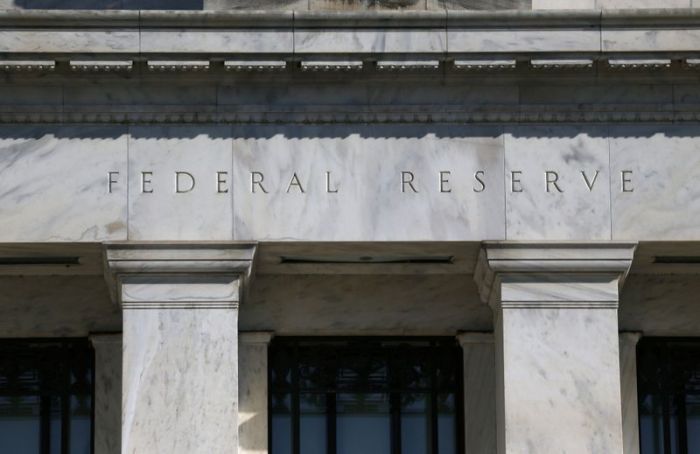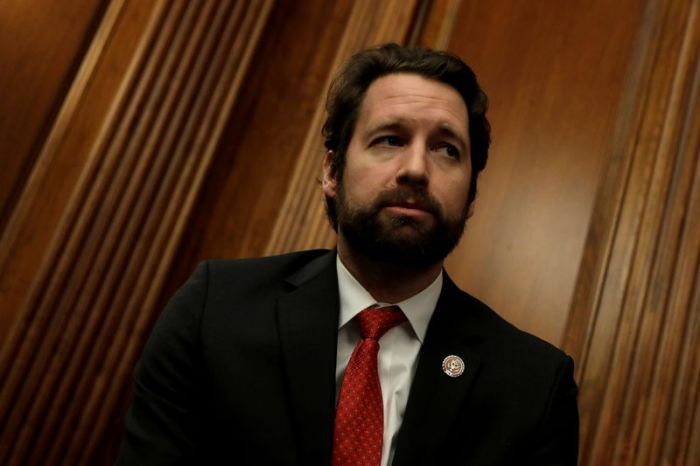NEW YORK/WASHINGTON (Reuters) – ByteDance, the Chinese parent company of video-sharing app TikTok, filed a petition late on Tuesday with a U.S. Appeals Court challenging a Trump administration order set to take effect on Thursday requiring it to divest TikTok.
President Donald Trump in an Aug. 14 order directed ByteDance to divest the app within 90 days, which falls on Thursday. The Trump administration contends TikTok poses national security concerns as the personal data of U.S. users could be obtained by China’s government. TikTok, which has over 100 million U.S. users, denies the allegations.
In the petition filed with the U.S. Court of Appeals for the District of Columbia, ByteDance said it is seeking a court review of the divestment order, claiming that the order and a finding by a U.S. agency that TikTok represented a security threat were unlawful and violated rights under the U.S. Constitution.
ByteDance, which has been in talks for a deal with Walmart Inc <WMT.N> and Oracle Corp <ORCL.N> to shift TikTok’s U.S. assets into a new entity, also said it is requesting a 30-day extension on the Aug. 14 divestment order, so that it can finalize terms of the deal.
“Facing continual new requests and no clarity on whether our proposed solutions would be accepted, we requested the 30-day extension that is expressly permitted in the August 14 order,” TikTok said in a statement.
“Without an extension in hand, we have no choice but to file a petition in court to defend our rights,” the company said.
The White House and Treasury declined to comment. The Justice Department did not immediately comment.
In September, TikTok announced it had a preliminary deal for Walmart and Oracle to take stakes in a new company to oversee U.S. operations. Trump has said the deal had his “blessing.”
One big issue that has persisted is over the ownership structure of the new company, TikTok Global, that would own TikTok’s U.S. assets.
In its court filing, ByteDance said it submitted a fourth proposal on Friday that contemplated addressing U.S. concerns “by creating a new entity, wholly owned by Oracle, Walmart and existing U.S. investors in ByteDance, that would be responsible for handling TikTok’s U.S. user data and content moderation.”
ByteDance said in its court filing it plans to file a request “to stay enforcement of the Divestment order only if discussions reach an impasse and the government indicates an intent to take action to enforce the order.”
The petition names Trump, Attorney General William Barr, Treasury Secretary Steven Mnuchin and the Committee on Foreign Investment in the United States (CFIUS), the inter-agency panel that reviews certain transactions involving foreign investment on national security concerns.
It says the CFIUS action and Trump order “seek to compel the wholesale divestment of TikTok, a multi-billion-dollar business built on technology developed by” ByteDance “based on the government’s purported national security review of a three-year-old transaction that involved a different business.”
A person briefed on the matter told Reuters CFIUS stopped responding to ByteDance soon after Trump’s last public TikTok comments on Sept. 19. TikTok said Tuesday it has “received no substantive feedback on our extensive data privacy and security framework.”
The order was based on a government review of ByteDance’s 2017 acquisition of U.S. social media app Musical.ly, which ByteDance merged into TikTok.
ByteDance’s lawsuit also referenced Trump’s comments at a September campaign rally that the parties to the deal would “pay $5 billion into a fund for education” so that “we can educate people as to the real history of our country.”
ByteDance and Tiktok said in the court filing they have not agreed “to contribute to such a fund.”
Separate restrictions on TikTok from the U.S. Commerce Department have been blocked by federal courts, including restrictions on transactions that were scheduled to take effect Thursday that TikTok warned could effectively ban the app’s use in the United States.
A Commerce Department ban on Apple Inc <AAPL.O> and Alphabet Inc’s Google <GOOGL.O> offering TikTok for download for new U.S. users that had been set to take effect on Sept. 27 has also been blocked.
(Reporting by Echo Wang in New York and David Shepardson in Washington; Editing by Leslie Adler and Christopher Cushing)

























